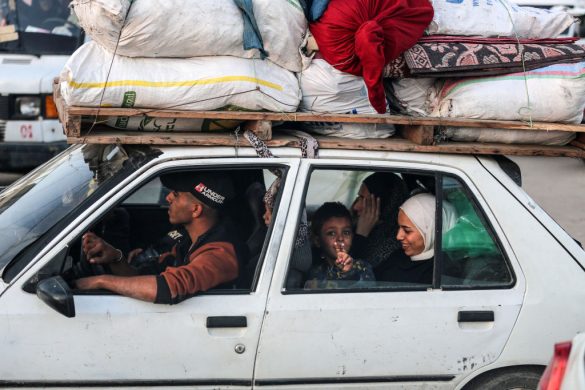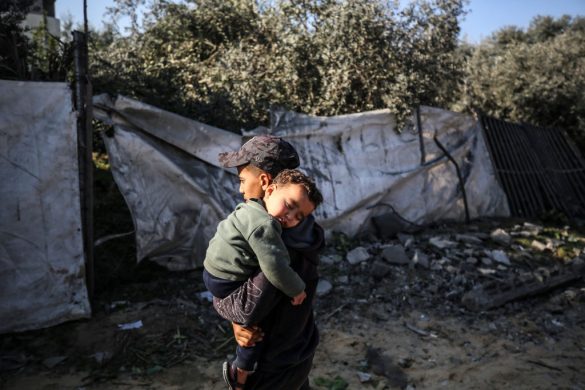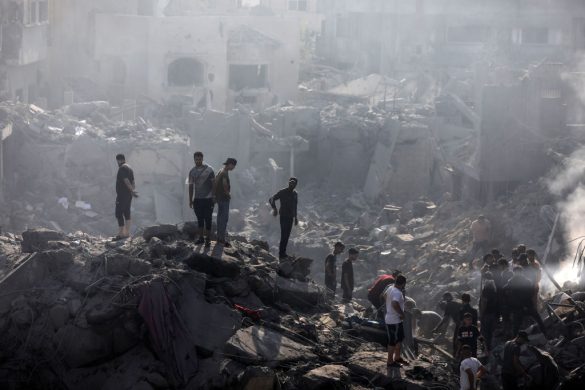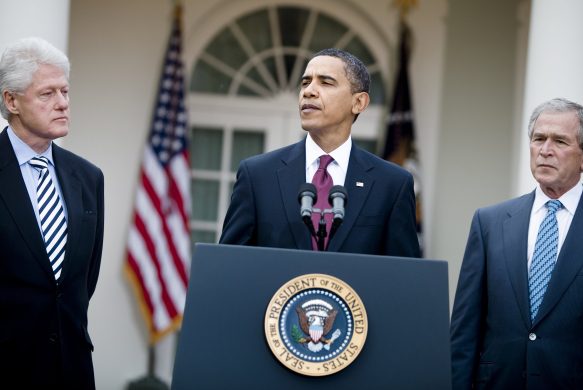“Fremtiden for fredsforhandlinger mellem Israel og palæstinenserne har aldrig været mere usikker”, vurderer FN-topmand – stadig flere drab og mere gengældelse og nu er israelerne begyndt at nedrive palæstinensiske huse igen som straf efter at have opgivet denne politik i næsten et årti.
NEW YORK, 15 December 2014 (UN News Service): The quest for peace between Israel and the Palestinians has reached a “dramatic” crossroads, United Nations Special Coordinator for the Middle East Peace Process, Robert Serry, told the Security Council Monday in his briefing on the situation, warning that the region’s future remains “more uncertain than ever.”
Speaking to the 15-member body in New York, Mr. Serry explained that as Israel heads into election season following the recent collapse of its ruling coalition, the resulting “deadly diplomatic vacuum can be no excuse for either side to let the present situation get even worse.”
“Now is the time to deescalate and refrain from provocative steps, re-build trust and set conditions for a return to negotiations that will resolve this conflict,” Mr. Serry told the Council. “Hope for a lasting solution to the conflict must be restored before it is too late.”
The international community’s growing impatience with the regional stalemate and the simmering tensions between Israelis and Palestinians was recently highlighted by parliamentary decisions in France, Spain and Portugal to recognize a Palestinian state.
“Explosive situation”
Despite a broad desire for Middle East peace among many outside the region, however, Mr. Serry warned that the situation on the ground remained “explosive” amid a recent escalation of tensions in Jerusalem and the West Bank.
On 18 November, for instance, two Palestinians killed five Israelis and injured several others at a West Jerusalem synagogue before being shot dead by local police.
Further, on 29 November, a Jewish-Arab school in Jerusalem was set on fire and vandalized with anti-Arab graffiti.
Meanwhile, over the summer, a 51-day conflict between Israeli forces and Palestinians in the Gaza Strip killed more than 2,100 Palestinians, including more than 500 children, and more than 70 Israelis. In addition, the fighting damaged or destroyed over 100,000 homes, affecting more than 600,000 people.
As a result of the widespread damage in Gaza, the UN official noted that a UN-backed reconstruction mechanism had begun to assist with the deliveries of construction materials into the war-ravaged enclave.
In addition, he said, trade had been re-established between Gaza and the West bank, although it still remained well-below potential.
Tearing houses down again
Nonetheless, the positive developments did little to reinforce what is already a fragile situation.
“Up to 80,000 families are living in houses that have sustained varying degrees of damage,” Mr. Serry continued. “The urgency to address these needs is compounded by the extreme weather Gaza has experienced in recent weeks with the early arrival of the rainy winter season.”
Mr. Serry also said he was “very concerned” about the reinstatement of Israel’s practice of punitive demolitions (nedrivninger) after almost a complete halt for nearly a decade.
There has been a surge in the use of punitive demolitions by the Government of Israel following a fresh uptick in tensions and deadly violence across Israel and the Occupied Palestinian Territories.
Most recently, the East Jerusalem home of Abd al-Rahman al-Shaludi, a Palestinian man accused of committing a car attack in Jerusalem that claimed the lives of a 22 year-old woman and a three-month old child, was demolished on 19 November – an act which garnered UN criticism.
Læs videre på
http://www.un.org/apps/news/story.asp?NewsID=49609#.VI97H2V1T4s
Begynd fra: “According to UN rights experts, Israeli authorities have also slated at least…”














